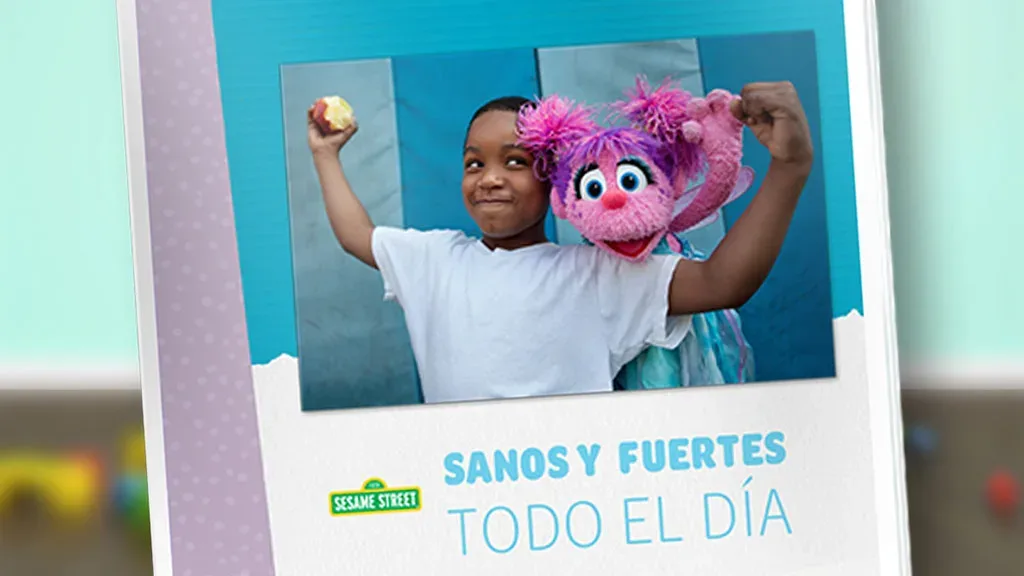
The importance of access to medical advice for every child is the area Sesame Workshop and Quest Diagnostics are collaboratively tackling with a new partnership.
Sesame Workshop is a nonprofit organization that produces the educational children’s television series Sesame Street. The initial idea behind the organization was to develop a series to assist children, particularly those who have limited access to resources, to prepare for school. Now, following the long popularity of Sesame Street, Sesame Workshop is involved in a number of additional projects, including a new collaboration with Quest Diagnostics, a company that offers various diagnostic tests. Quest is joining as a part of Quest for Health Equity, a program within the company that provides services such as donated testing.
“Sesame Workshop and Quest can promote positive outcomes for children and affirm families’ health and well-being by supporting equitable, culturally-competent practices,” says Jeanette Betancourt, Sesame Workshop’s senior vice president of U.S. social impact. “Together, we’re creating strategies and messages around preventive and everyday healthy practices, building health literacy, and addressing the increase in children’s food insecurity to reduce health inequities by empowering parents, caregivers, and the providers who serve them.”
The partnership hopes to see a reduction of the health and well-being inequality amongst children that are in rural, low-income, and otherwise marginalized communities. The initiative is emphasizing the importance of preventive healthcare, such as regular doctor visits, for the health of children. A recent Public Health Report indicated that children under 5 years old were more likely to have missed doctor visits if they belonged to a lower-income, Black, and Latinx household, as compared to higher-income and White households.
Sesame Workshop is hosting a number of resources on its website, in both Spanish and English, with additional distribution through the Sesame Street in Communities program. These resources are designed to offer ways to support families in accessing their local healthcare system, promote healthy routines, and champion positive relationships between healthcare providers and underserved patients.

